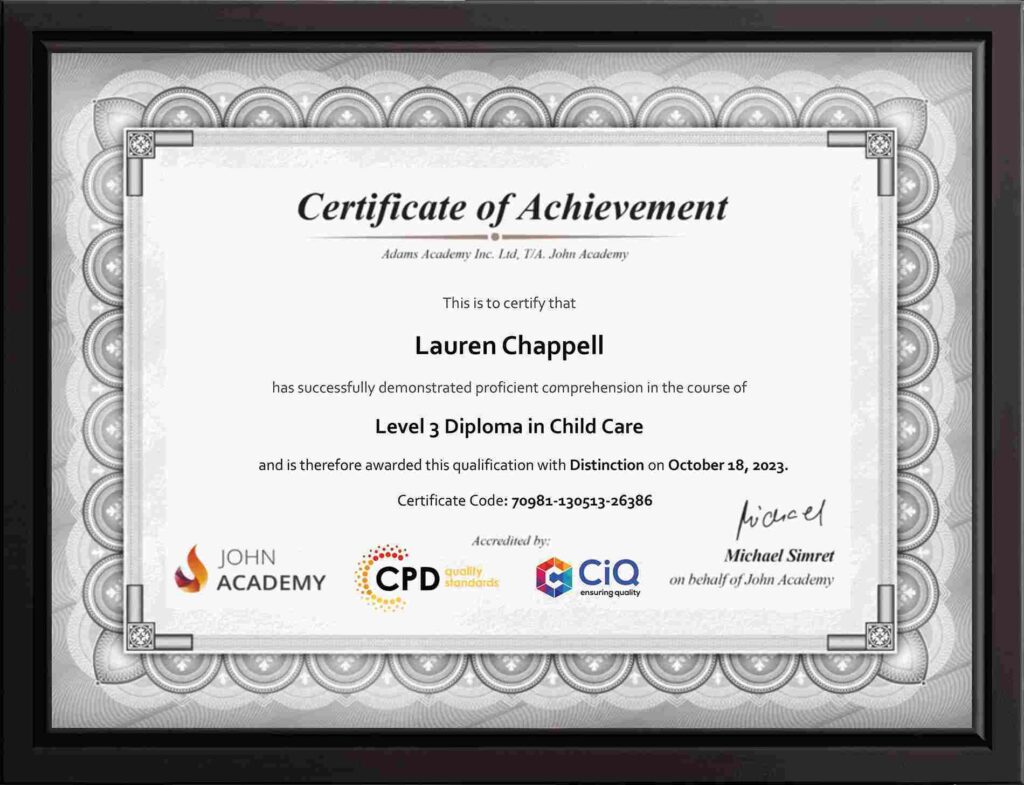
When I was in high school, students were presented with two well-defined paths—university preparation or vocational training. It was insinuated that if we didn’t go to college or enter a trade, we would be left with bottom-of-the-barrel, entry-level jobs for life.
Today, however, these paths to career success are not so clear-cut. Numerous alternative education paths have emerged that can prepare you for a career you’ll love without attending a college or vocational school.
Below, we will explore how you can use modern technology, continuing education opportunities, and even your own experiences and passion projects to gain the skills you need.
Use Technology to Gain the Skills You Need
According to a 2024 Bloomberg report, “Roughly 52% of recent college graduates are working jobs that don’t require a degree.” What does this mean for candidates treading an alternative education path? You don’t necessarily need a college degree to get the job you want. What you do need is the skills and experience to do the job well.
Today, access to that information is at your fingertips—often for free, no classroom required. Consider a few of the most valuable resources available to you.
Educational Videos on YouTube
While YouTube may be best known for its catalog of funny cat videos, it is also a storehouse of educational material.
“Influencers” from practically every industry have filled their channels with how-to videos. While the videos vary in quality, with some persistence you can usually find any step-by-step tutorial you need.
My husband works as a skilled carpenter, but he has never received formal training. Much of his know-how is the result of daily YouTube sessions with content creators in his industry, and in-depth “cram sessions” when he needs to research how to use a new tool or the best way to accomplish a task he’s never done before.
I was a bit skeptical. But during the COVID-19 lockdowns, when everyone was baking bread, the kneading paddle in my bread machine stopped working. Unable to take it to a repair shop, I turned to YouTube. I soon found an instructional video, ordered the likely replacement part, and fixed the machine myself. It is far from my skillset as an author, but it proved to me the value of these videos.
AI Text Generators
It’s been said that when you’re starting something new, “You don’t know what you don’t know.” In other words, you may not be aware of what you need to learn or how to find it.
AI text generators like ChatGPT, Google Gemini, and Google’s AI Overview can sift through mountains of information for you, summarizing important points. This can give you a starting point—now you “know what you don’t know,” and you can begin your research in earnest.
Did you know? You can use ChatGPT for resume writing, too. This is important because you will need to communicate your newly acquired skills to potential employers. Ask the text generator to help you format your resume, check for errors, or suggest more compelling descriptive text.
EBooks and Audiobooks
Ebooks may not seem like the most modern technology—for Gen Z, they’ve practically been around forever. But apps like Libby put thousands of years of writing at your fingertips, no trip to the library necessary. Plug in your library card number and you’re good to go.
Consider checking out a classic skill-building book like How to Win Friends and Influence People, or look for something specific to your industry.
Traditional Learning in Bite-Sized Chunks
Finding the information you need on your own might sound intimidating, even using the resources described above. Or perhaps you prefer a more traditional teacher/student learning environment along with the accountability of tests and assignments.
You can easily find such education without going back to school. For example, you can take online courses in everything from sign language to HVAC tech. Most online courses are self-paced, but you still benefit from interaction with a dedicated instructor. Online courses are less expensive and time-consuming than taking a full course-load at college. You may even receive a certificate to include in your LinkedIn profile, resume, and portfolio.
Conferences, seminars, and other in-person trainings are another option. I’ve attended numerous conferences and expos in my industry, at which I’ve networked with industry leaders and scribbled down tips from the best and brightest minds.
Your Personal Experiences Are Valuable, Too
Steve Jobs first started tinkering with tech when he was in seventh grade, and he later built the first Apple computers in the family garage. Do you think his youthful hobby helped him build valuable skills? Absolutely!
Many hobbies—photography, computers and technology, mechanics, and more—provide valuable insights as the hobbyist trains themselves. Whenever relevant, be sure to include your personal passion projects among your experiences.
Key Takeaways
Higher education is not the only path or even the most direct path to a solid career. Whether you’re still a student or late in your career, you can continue to learn by reading, watching, taking classes, and tinkering. These skills and experiences can put you ahead of the game.

